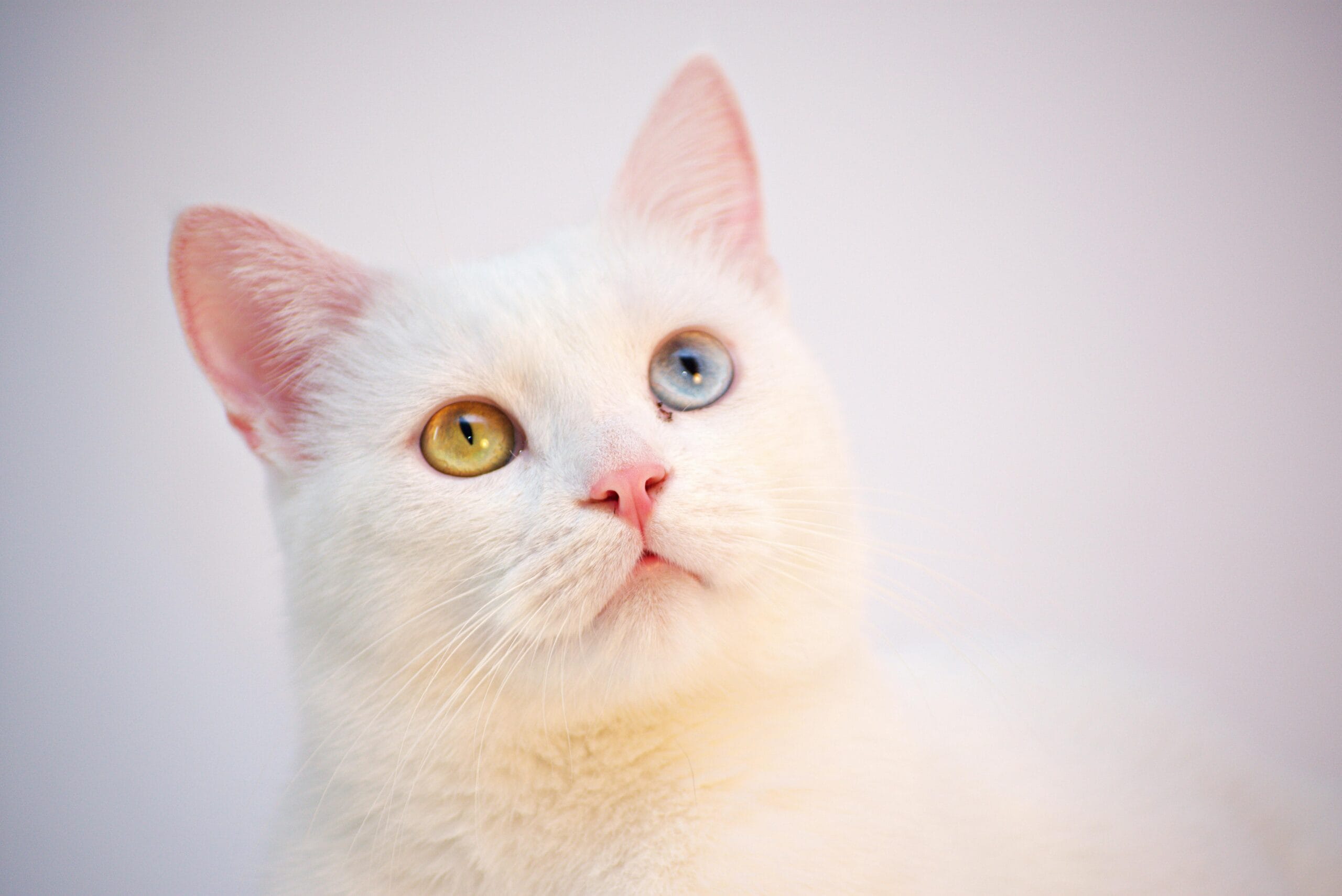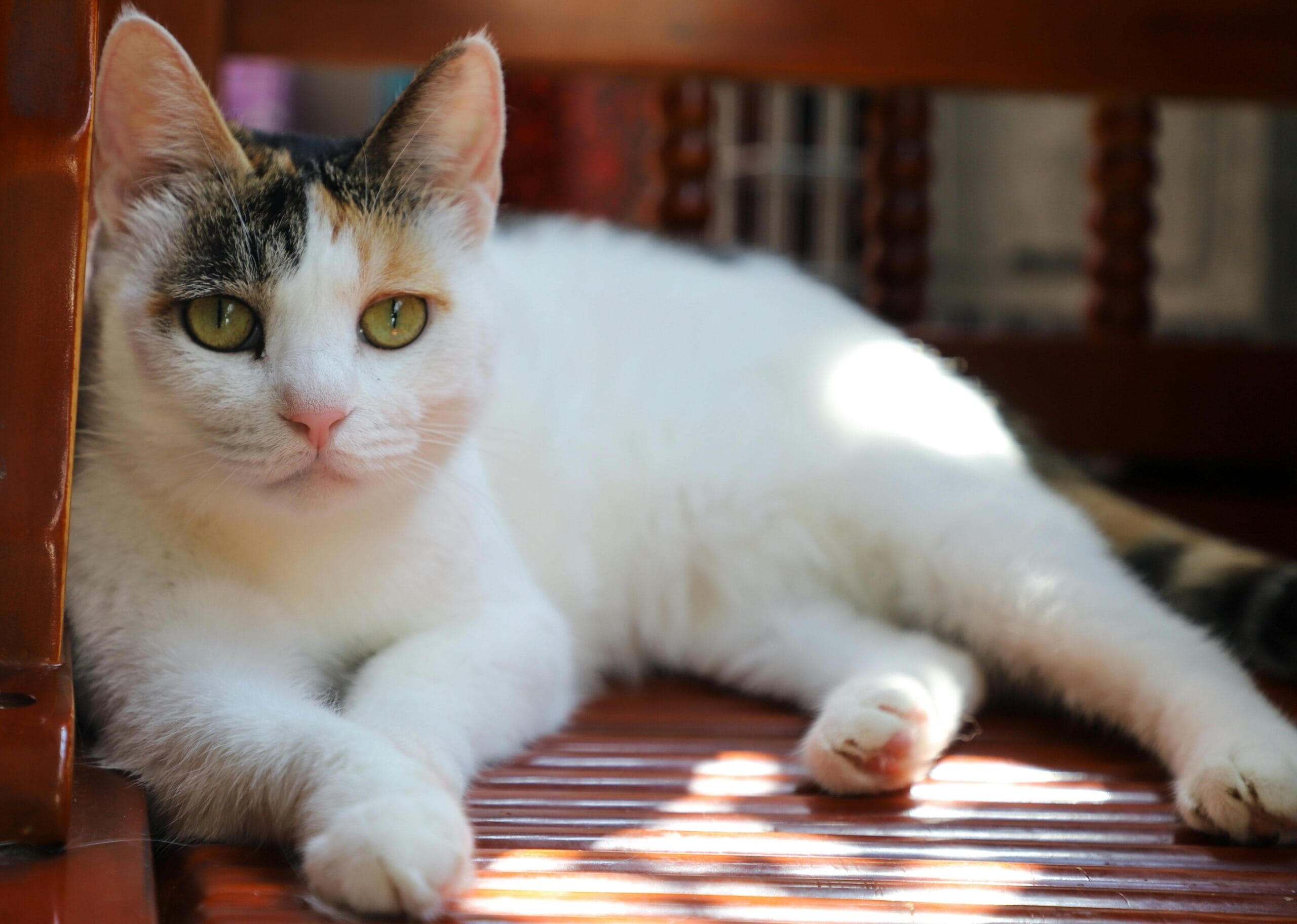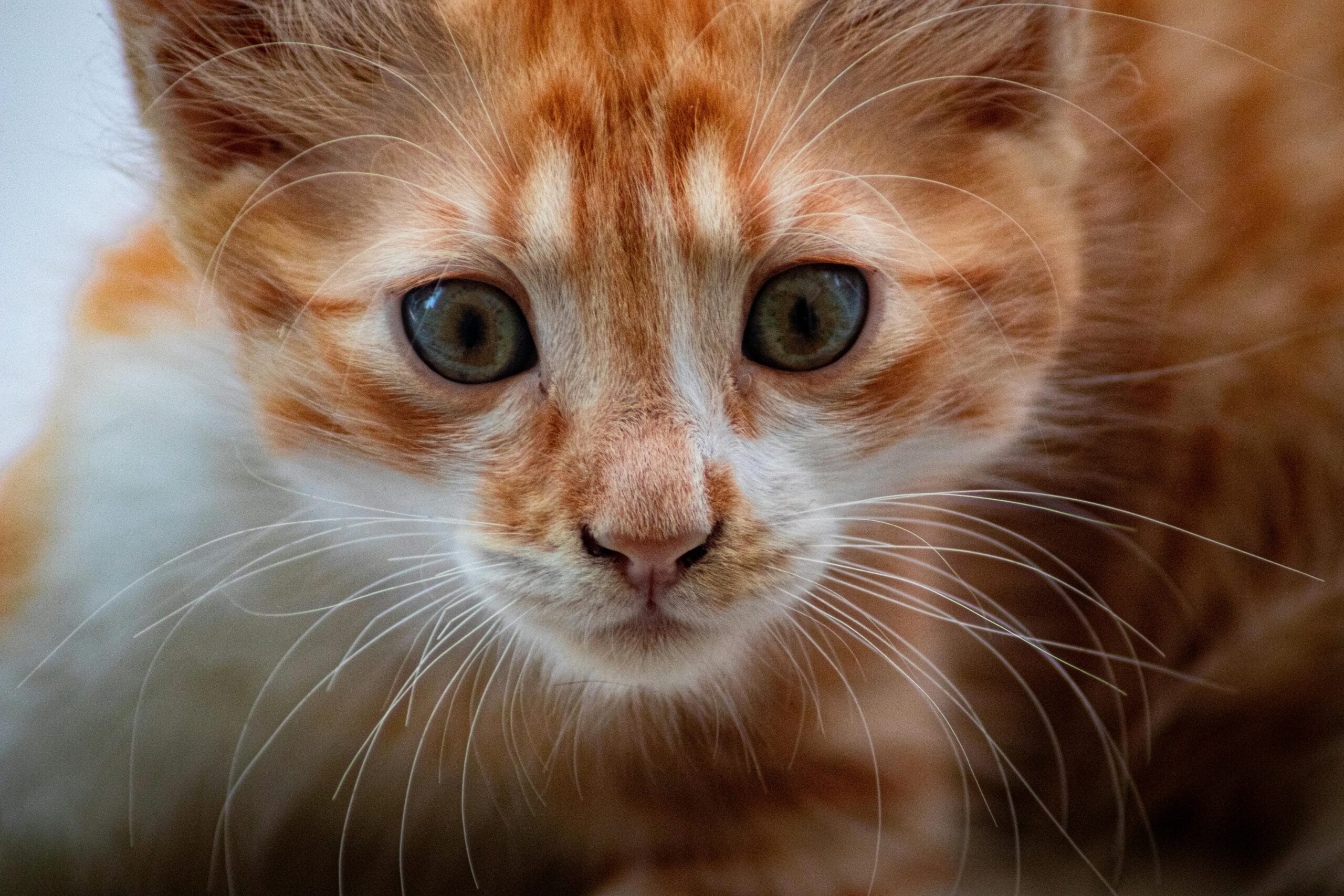Should Kittens Eat Cat Food ?

Should Kittens Eat Cat Food? Discover the best cat food for kittens & learn why kitten food is crucial for their growth. Find expert advice on choosing the right nutrition for your tiny feline friend!
Should Kittens Eat Cat Food? A Comprehensive Guide
The question, “Should kittens eat cat food?” might seem straightforward, but the answer is nuanced. While the simple response is often “yes,” understanding the specifics is crucial for your kitten’s health and development. This comprehensive guide will explore the nutritional needs of kittens, the differences between kitten food and adult cat food, and help you choose the best cat food for kittens. We’ll delve into the crucial role of proper nutrition in their growth and long-term well-being.
Understanding a Kitten’s Nutritional Needs
Kittens are in a period of rapid growth and development, demanding a diet significantly different from that of adult cats. Their tiny bodies require higher levels of essential nutrients to support their burgeoning muscles, bones, and organs. Unlike adult cats, kittens can’t effectively process and utilize the same nutrients at the same rate. This is why choosing the right food is paramount.
Kitten food is formulated with significantly higher levels of protein, fat, and calories than adult cat food. This increased energy density fuels their constant play and growth spurts. The protein is vital for building and repairing tissues, while fats provide energy and support brain development. Essential vitamins and minerals, including taurine, are also present in higher concentrations to support their immune system and overall health. A deficiency in these crucial nutrients can lead to stunted growth, weakened immunity, and long-term health problems.
Kitten Food vs. Adult Cat Food: Key Differences
The most significant difference lies in the nutritional profile. Kitten food is specifically designed to meet the heightened nutritional demands of growing kittens. This translates to a higher calorie density, increased protein content (typically around 30-40%), and higher levels of essential fatty acids. Adult cat food, on the other hand, is formulated for the maintenance needs of adult cats, who require less calories and a slightly different balance of nutrients.
Feeding a kitten adult cat food can lead to several issues. They may not consume enough calories to sustain their growth, resulting in stunted growth and developmental problems. A lack of crucial nutrients could also compromise their immune system, making them more susceptible to illnesses. While an adult cat might tolerate eating kitten food (though it’s generally not recommended due to excess calories), kittens absolutely require the nutritional profile specifically designed for their developmental stage.
Choosing the Best Cat Food for Kittens: A Detailed Guide
Selecting the best cat food for kittens involves considering various factors. Always look for foods that are explicitly labeled as “kitten food” or “for growing kittens.” The ingredients list should prioritize high-quality animal protein sources, such as chicken, turkey, or fish, rather than plant-based proteins. Look for specific mentions of taurine, an essential amino acid crucial for feline heart health.
Avoid foods with excessive fillers, artificial colors, flavors, or preservatives. These additives often provide little nutritional value and can potentially harm your kitten’s digestive system. Opt for foods with clearly listed guaranteed analysis, showing the minimum percentages of protein, fat, and fiber. This transparency allows you to compare different brands effectively and choose the one that best suits your kitten’s needs.
Transitioning to Adult Cat Food: A Gradual Approach
As your kitten matures, typically around 1 year of age, you can gradually transition them to adult cat food. This process shouldn’t be rushed. Start by slowly mixing a small amount of adult cat food into their regular kitten food over a period of several days or weeks. This allows their digestive system to adjust to the change in nutritional composition. Monitor their stool consistency and overall health during this transition period. If you notice any digestive upset, slow down the transition process or consult your veterinarian.
Addressing Common Concerns About Kitten Nutrition
Many pet owners have concerns about specific dietary aspects. For example, some worry about the fat content in kitten food. It’s important to remember that healthy fats are essential for kitten development, providing energy and supporting brain function. Don’t mistake healthy fats for unhealthy saturated or trans fats found in processed human foods.
Another frequent question revolves around wet versus dry food. Both wet and dry kitten foods can provide complete and balanced nutrition, but they have different characteristics. Wet food often has a higher moisture content, beneficial for hydration, while dry food provides more chewing and can help with dental health. Many veterinarians recommend a combination of both types of food to optimize your kitten’s nutrition and enjoyment.
The Importance of Veterinary Guidance
While this guide provides valuable information, it’s crucial to consult with your veterinarian. They can assess your kitten’s individual needs, considering their breed, size, health status, and any specific dietary requirements. Your vet can recommend the best cat food for kittens based on these factors, helping you make an informed decision that supports your kitten’s optimal growth and health. They can also offer guidance on portion sizes and feeding schedules, ensuring your kitten receives the right amount of food at each meal.
Furthermore, the American Veterinary Medical Association (AVMA) provides excellent resources on pet nutrition. You can find valuable information on their website: https://www.avma.org/
Beyond Food: Holistic Kitten Care
Proper nutrition is only one aspect of holistic kitten care. Providing fresh water, regular exercise, and a stimulating environment is equally crucial. Regular veterinary checkups, including vaccinations and parasite prevention, are also essential to ensure your kitten’s overall well-being. Remember, a healthy, happy kitten is a well-cared-for kitten.
The Cornell University College of Veterinary Medicine offers comprehensive resources on feline health: https://www.vet.cornell.edu/
Frequently Asked Questions (FAQs)
Q: Can I feed my kitten human food? A: No, human food is not suitable for kittens. It often lacks the necessary nutrients and can contain harmful ingredients.
Q: My kitten is picky; what should I do? A: Try different brands and flavors of kitten food. You can also mix wet and dry food to make it more appealing. If the problem persists, consult your vet.
Q: How much should I feed my kitten? A: Follow the feeding guidelines on the kitten food packaging, adjusting the amount based on your kitten’s age, activity level, and body condition. Your vet can provide personalized recommendations.
The ASPCA provides extensive information on cat care: https://www.aspca.org/
Conclusion: Prioritizing Your Kitten’s Nutritional Needs
In conclusion, the answer to “Should kittens eat cat food?” is a resounding yes, but with a critical caveat: it must be kitten food. Choosing the best cat food for kittens is crucial for their healthy development and long-term well-being. By understanding their unique nutritional needs and carefully selecting their diet, you’ll be providing your furry companion with the best possible start in life. Remember to consult your veterinarian for personalized advice and regular check-ups.
Share Your Experience!
We’d love to hear your experiences! What kitten food has worked best for your little one? Share your tips and recommendations in the comments below. Let’s build a supportive community for kitten owners, sharing our knowledge and ensuring every kitten thrives on the best possible nutrition!

10 FAQs: Should Kittens Eat Cat Food?
1. Should kittens eat cat food or adult cat food?
No, kittens should not eat adult cat food. Kitten food is specially formulated with higher levels of protein, fat, and essential nutrients crucial for their rapid growth and development. Adult cat food lacks these vital components, potentially leading to malnutrition and health problems. Always choose kitten food.
2. What is the difference between kitten food and cat food?
The main difference lies in the nutrient profile. Kitten food has a higher calorie density, increased protein and fat content, and elevated levels of vitamins and minerals like taurine, crucial for a kitten’s eyesight and heart health. Adult cat food is lower in calories and nutrients, suited to the slower metabolism of a mature cat.
3. Can I give my kitten a little bit of adult cat food?
While a small accidental nibble won’t cause immediate harm, consistently feeding your kitten adult cat food is strongly discouraged. It can lead to nutritional deficiencies hindering their growth and development. Stick to kitten food for optimal health.
4. When can I switch my kitten to adult cat food?
Generally, you can transition your kitten to adult cat food around 12 months of age, or when they reach their adult weight. Consult your veterinarian for personalized advice based on your kitten’s breed and growth rate. Switching too early can negatively impact their health. The best way to know is by consulting with your veterinarian and selecting the best cat food for kittens and then transitioning to adult.
5. What are the signs of malnutrition in kittens?
Signs of malnutrition include slow growth, dull coat, weakness, lethargy, and a pot-bellied appearance. If you notice any of these, consult your vet immediately. Ensure your kitten is eating the appropriate kitten food.
6. What is the best cat food for kittens?
There’s no single “best” brand, but look for high-quality kitten food with named meat sources (e.g., chicken, salmon) listed as the primary ingredients, avoiding artificial colors, flavors, and fillers. Consult your veterinarian or a veterinary nutritionist for recommendations tailored to your kitten’s needs.
7. My kitten is picky; how can I get them to eat kitten food?
Try different brands and flavors of kitten food, warming it slightly (not hot!), or adding a small amount of water or broth to make it more appealing. Avoid giving in to begging for human food. Consult your vet if pickiness persists.
8. Can I feed my kitten homemade cat food?
Homemade diets can be risky unless carefully formulated by a veterinary nutritionist to ensure your kitten receives all essential nutrients. It’s best to stick with commercially available, high-quality kitten food.
9. How much kitten food should my kitten eat?
The amount varies depending on the kitten’s age, breed, activity level, and the food’s calorie density. Follow the feeding guidelines on the kitten food packaging and adjust as needed, always consulting your veterinarian for guidance.
10. My kitten has allergies; what kind of kitten food should I choose?
If your kitten has allergies, consult your veterinarian. They can help determine the allergen and recommend a hypoallergenic kitten food or a prescription diet. Finding the right food is crucial for managing allergies and ensuring your kitten’s health.

Should Kittens Eat Cat Food? Practical Tips and Health Considerations
The short answer is: Yes, kittens should eat kitten food, not adult cat food. Kitten food is specially formulated to meet the unique nutritional needs of rapidly growing kittens.
Why Kitten Food is Crucial
Kittens require higher levels of protein, fat, and certain vitamins and minerals compared to adult cats. These nutrients fuel their development, support healthy bone growth, and contribute to a strong immune system. Adult cat food lacks these crucial components, potentially leading to health problems.
Health Considerations of Feeding Kittens Adult Cat Food:
- Slowed Growth: Inadequate nutrition can stunt growth and result in smaller adult size.
- Weakened Immune System: Insufficient vitamins and minerals compromise the immune system, increasing susceptibility to illness.
- Bone and Joint Issues: Lack of crucial nutrients can lead to skeletal deformities and joint problems later in life.
- Nutritional Deficiencies: Long-term deficiencies can manifest in various health problems, including anemia, skin issues, and digestive problems.
Practical Tips for Feeding Kittens:
- Choose high-quality kitten food: Look for brands that list specific nutrients for kitten development.
- Follow feeding guidelines: The packaging provides recommended amounts; adjust based on your kitten’s age, activity level, and breed.
- Provide fresh water: Always ensure access to clean, fresh water.
- Monitor your kitten’s weight: Adjust food portions as needed to maintain a healthy weight.
- Gradual transitions: When changing food brands, gradually mix the new food with the old food over several days to avoid digestive upset.
- Consult your veterinarian: Discuss your kitten’s diet and any concerns with your veterinarian. They can provide personalized recommendations based on your kitten’s specific needs.
Keywords:
kitten food, kitten nutrition, cat food, feeding kittens, kitten health, cat health, kitten diet, growing kittens, best kitten food, healthy kittens